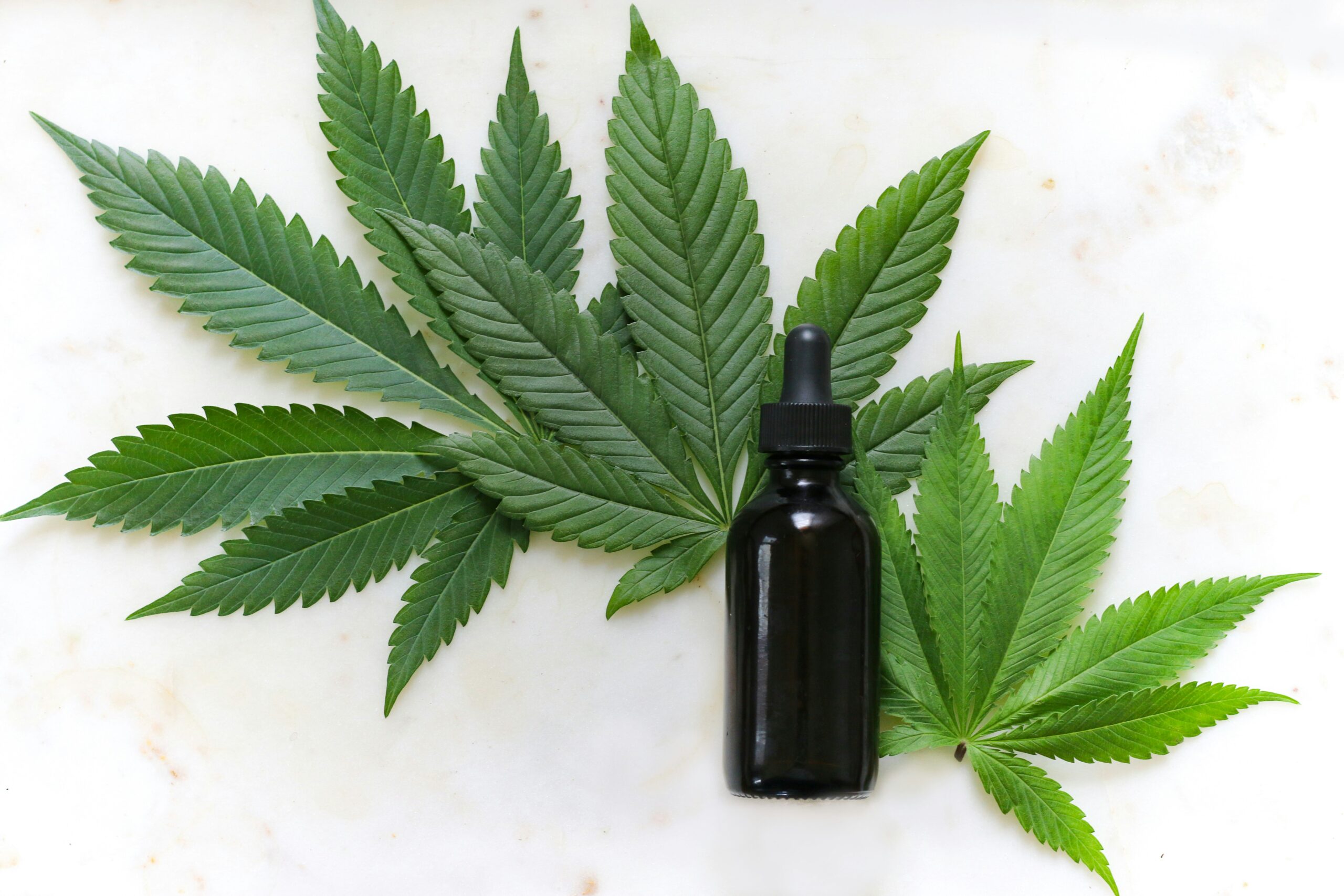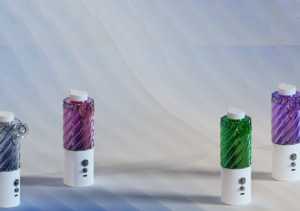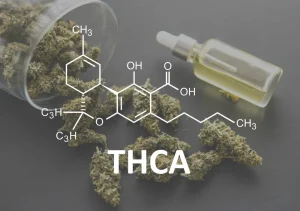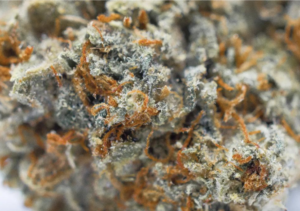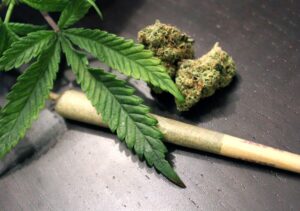In a world where substance use disorders (SUDs) are increasing, it’s time we turn to alternative solutions. Among these, cannabidiol (CBD) stands out as a testament to the power of nature in healing. But what is the actual potential of cannabidiol as a therapeutic agent for substance use disorders? From inducing alertness to addressing the underlying cravings, let’s see how CBD can transform your recovery.
The ABCs of CBD
Let’s start with the basics: CBD is a compound found in the cannabis plant, but it’s not the one that gets you high—that’s THC. CBD has been making headlines for its potential health benefits, minus the psychoactive effects associated with its more famous cousin. It’s like the quiet hero of a story, offering relief and support without any fuss. With the legal landscape around CBD evolving, it’s becoming a go-to option for those seeking an alternative path to wellness.
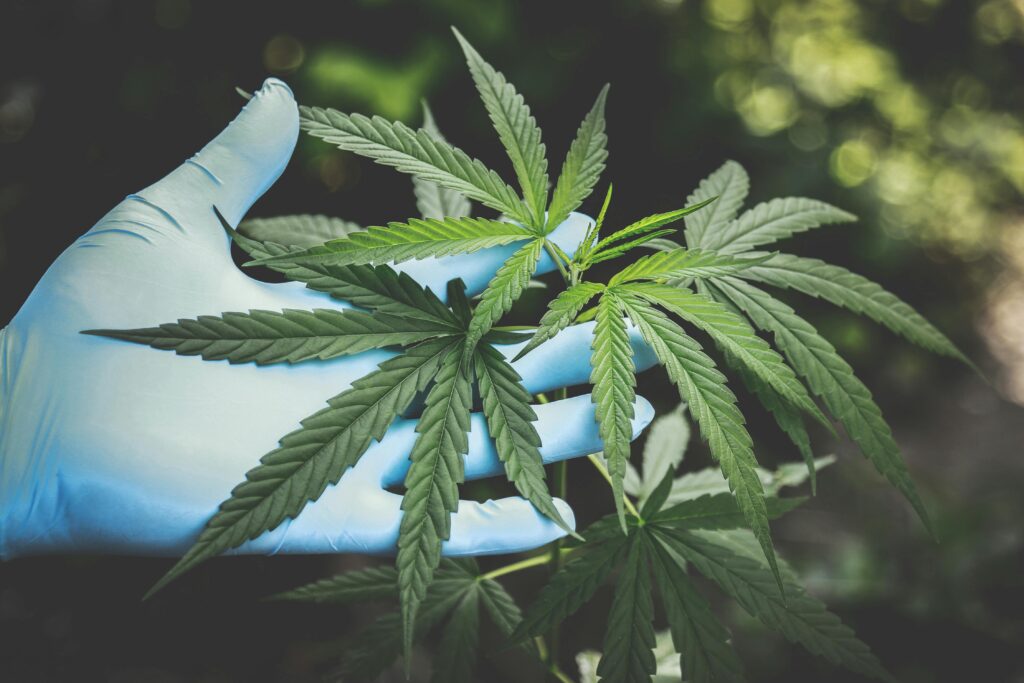
Now, why should this matter to you? Because in substance abuse treatment, CBD is starting to play an important role. Imagine a therapy that doesn’t just focus on the symptoms but also addresses the underlying cravings and anxiety. That’s where CBD steps in, offering hope for those battling addiction.
Unveiling the Magic of Cannabidiol as a Therapeutic Agent
The endocannabinoid system is at the heart of CBD’s potential. It is a complex network within our bodies that plays an important role in the development of the central nervous system. CBD’s interaction with this system showcases the compound’s versatility as a therapeutic agent across various substance dependencies.
The research, while still budding, is compelling. From opioids to alcohol, nicotine, and even marijuana addiction, CBD’s embrace promises to soften the harsh realities of addiction, offering a lifeline to those yearning for a way out. It’s a testament to the power of nature, where a single compound can wear many hats, each a beacon of hope for a different battle.
CBD’s Role in Opioid Addiction Recovery
The battle against opioid addiction is difficult to handle and full of challenges and setbacks. However, recognized increasingly as a therapeutic agent, CBD has shown promise in alleviating the harsh withdrawal symptoms and cravings that so often derail efforts to quit. For those wondering how long does it take for CBD to work, the timeframe may vary depending on the method of consumption and individual factors. Its ability to interact with the body’s endocannabinoid system can bring about a sense of balance and ease during the turbulent process of withdrawal, making the path to sobriety less intimidating.
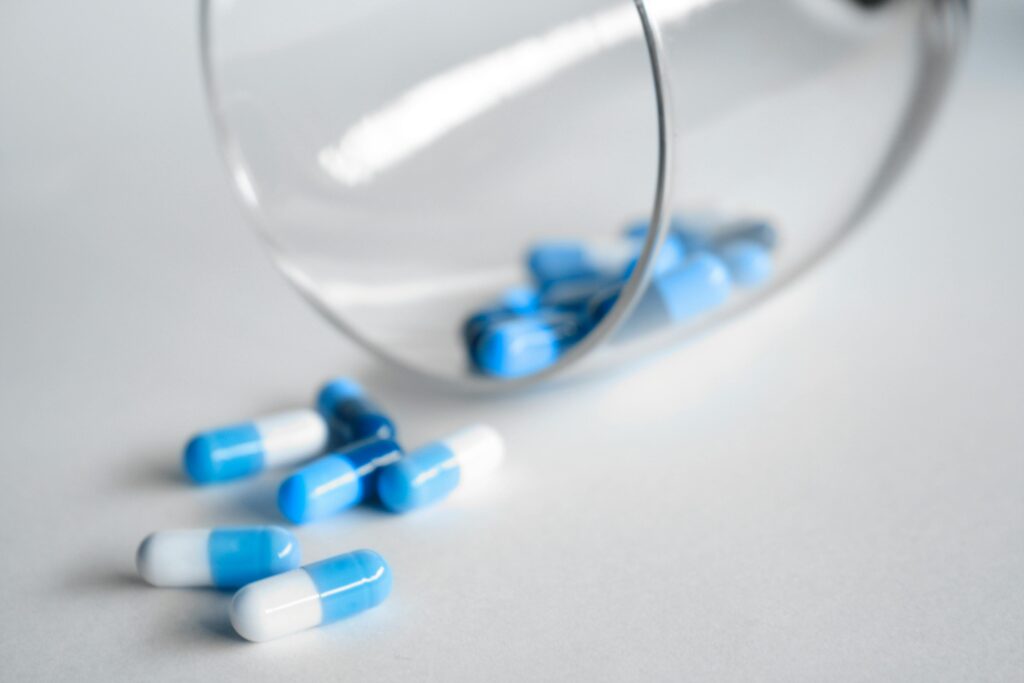
For those navigating opioid dependency, incorporating CBD into their recovery strategy can provide a non-addictive, natural form of relief. It’s essential, however, to approach this with a comprehensive plan that includes professional guidance, a supportive community, and an openness to integrating cannabidiol as a therapeutic agent. Together, these elements can fortify an individual’s resolve.
CBD and Alcohol Addiction
Alcohol addiction represents a significant challenge for many, yet the emergence of CBD as a potential ally brings new hope to those seeking sobriety. With its ability to reduce the desire for alcohol and alleviate withdrawal symptoms, CBD acts as a natural support system.
Still, severe cases of alcohol addiction are best managed within the confines of a supportive environment that Harmony Ridge Recovery Center can provide, particularly due to the risk of potentially life-threatening withdrawal symptoms. The staff at this facility, renowned for their evidence-based treatment programs, recognize the potential of CBD in treating alcohol addiction, though. They believe that integrating traditional therapeutic methods with alternative approaches that take advantage of CBD can yield better results than using any single method alone.
CBD for Nicotine Addiction
For those seeking to escape nicotine addiction, CBD is a breath of fresh air. Research supports the notion that CBD can significantly reduce the desire to smoke, transforming quitting into a more manageable path. Beyond its role in curbing cravings, CBD also shows promise in easing the anxiety often associated with quitting smoking. This is particularly relevant considering the link between cannabis and anxiety disorder—CBD, unlike THC, does not induce anxiety.
In fact, its calming properties can be a critical support for individuals battling both nicotine addiction and anxiety, providing a dual benefit in their recovery process. Incorporating CBD into a comprehensive plan—coupled with behavioral support and a solid understanding of one’s triggers—can offer a holistic approach to overcoming nicotine dependence. This multi-dimensional strategy addresses the physical and psychological aspects of addiction, paving the way for a healthier, nicotine-free lifestyle.
Beyond the Usual Suspects
Tackling addiction often means looking beyond the usual suspects, like alcohol and nicotine, and that’s where CBD’s potential shines. This natural helper isn’t limited to just a few types of substance abuse; it’s showing promise against a wider range of addictive behaviors. From battling cravings for harder substances to offering a sense of calm during recovery, CBD is like a versatile tool in the recovery kit.

Caption: Beyond just substance abuse, CBD also shows promise in addressing the broader spectrum of addiction, offering a holistic approach to healing.
Alt-tag: Group of people standing next to each other and all looking at their phones
With its broad potential, CBD invites a closer look at its role in various treatments. It’s a reminder that recovery journeys are different for each individual, and finding what works best for you, including the possible use of CBD, can make all the difference on the road to a healthier life.
Embrace Alternative Paths to Recovery
It’s clear that exploring the role of cannabidiol as a therapeutic agent opens new avenues for those dealing with substance use disorders. This natural compound offers a promising alternative for addressing not just the physical symptoms of addiction but also the psychological battles that come with it. Its application in combating various forms of addiction underscores the evolving landscape of recovery strategies, where traditional methods are enhanced with innovative, nature-based solutions. Ultimately, the potential of CBD in addiction treatment reflects a broader shift toward holistic health, marking a significant step forward in the way we approach addiction recovery.
